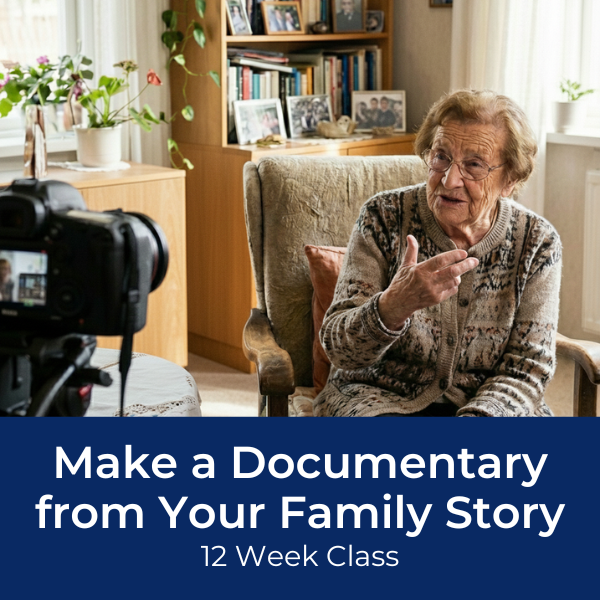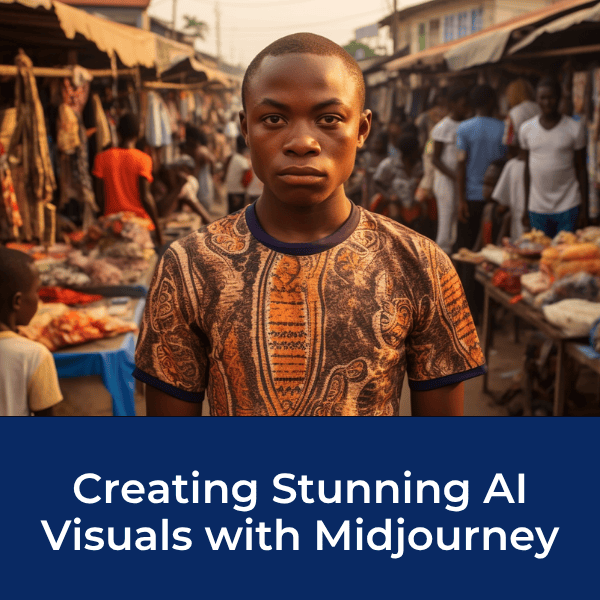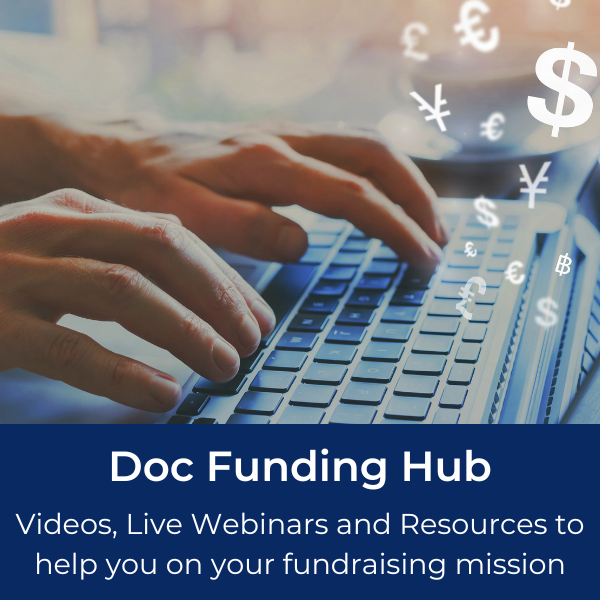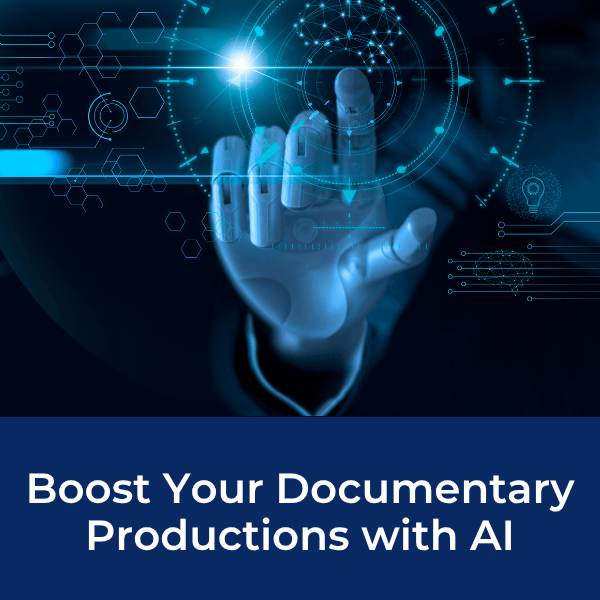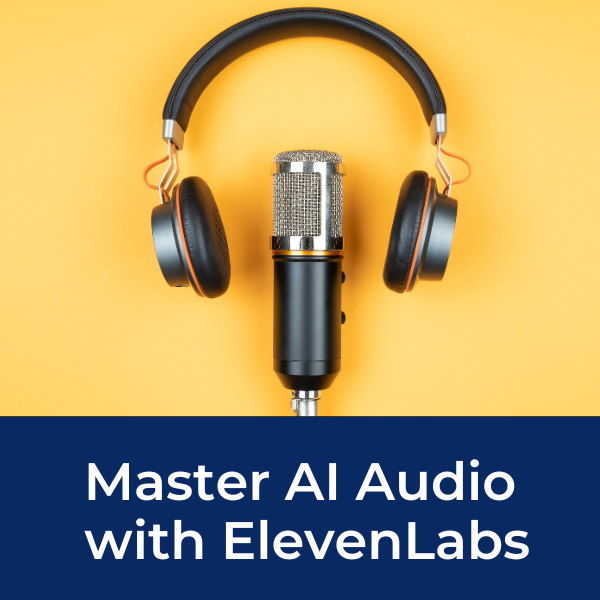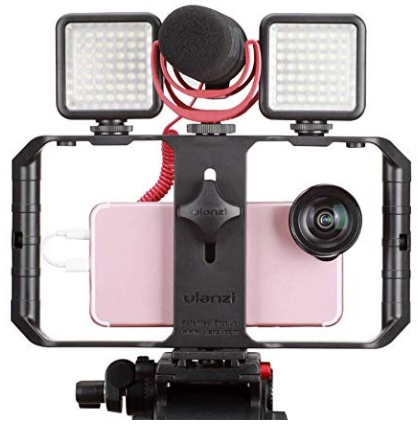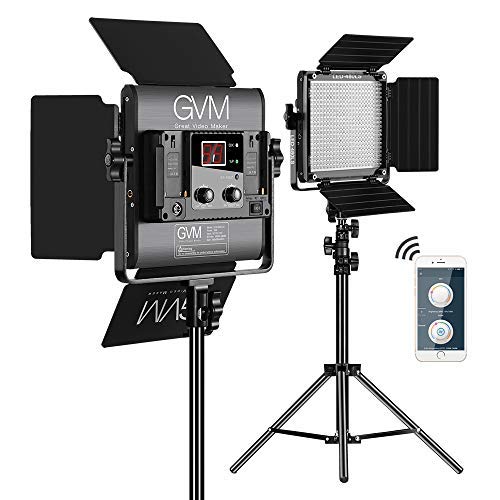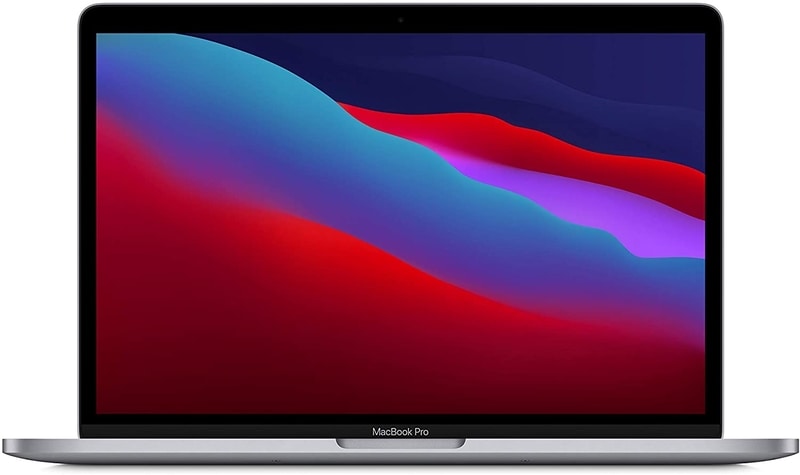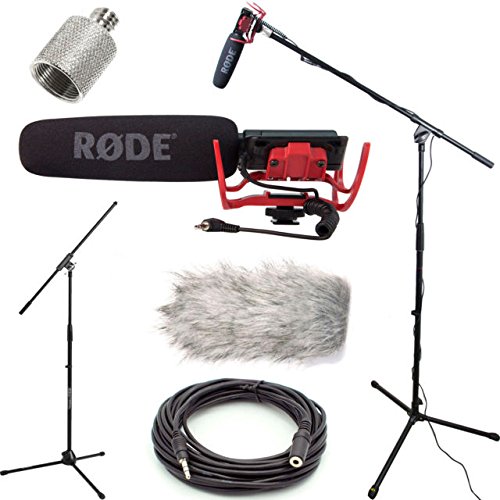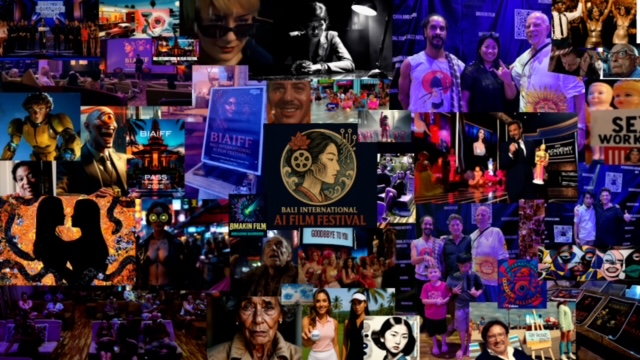
Bali International AI Film Festival
- Guide for Filmmakers
From Black Sand to Silver Screens: Ben Makinen on Founding the Bali International AI Film Festival (BIAIFF)
What happens when a filmmaker walks a black sand beach in Bali and looks both forward to a future shaped by artificial intelligence and backward toward traditions rooted in art and storytelling? For Ben Makinen, that moment sparked the creation of a unique new event: the Bali International AI Film Festival (BIAIFF).
We caught up with Ben to hear the behind-the-scenes journey of launching BIAIFF, what he learned from running its first edition, and how he envisions the role of AI in filmmaking evolving. In the process, Ben shares some tips that can act as guide for filmmakers thinking of creating a festival of their own.
What inspired you, as a documentary filmmaker, to launch an AI-focused film festival in Bali?
"The notion that I had to do this specifically came to me while walking with my pregnant wife along the beach on the north eastern coast of Bali... a black sand beach that is home to local fisherman... I have always felt a deep kinship with these silent masters of the sea... I see myself as fishing for the inspiration and ideas that will lead not only to things that can be of service to my community... but can also help to bring some food home to my family's table."
Makinen adds that the inspiration ultimately took shape as a way of preserving legacy: "I felt that an AI film festival and the legacy it documents would be something of a family photo album for those who live beyond us now and into the future."

How did you define what qualifies as an AI film for your festival?
"As for the criteria of what would constitute acceptance into this ai festival, I did a brief survey of AI festivals on FilmFreeway... (there is no consensus - it is the wild west out here in ai land)."
He initially thought a 50% ratio of AI-generated content would be a legitimate bar. "As I began to play around with AI generation tools myself... [I decided] I wanted to lower the threshold, to throw open the entry gate... and just encourage everyone who is making any effort to include AI in the process to enter."
"In the end it really comes down to a visual test which works for now, but as soon as AI becomes nearly undetectable... I will probably have to rely on a set of verification tools."
Once you decided to create BIAIFF, how long did it take to bring it to life and what challenges did you face along the way?
"The idea was fully formed by my birthday in March 2024... My first letter to FilmFreeway was on September 19, [2024]... My very first submission to the festival came in on February 26, 2025."
Ben notes that the greatest challenges were internal. "After the brief flashes of inspiration I would allow myself to become overwhelmed... I had at least two other festival organizers telling me... don't do it."
Despite warnings, he forged ahead. "These in the end were overridden by the gift of enthusiasm and optimism I was born with."
Looking back at the first edition of the Bali International AI Film Festival, what are you most proud of?
One of the most rewarding surprises for Ben was the diversity and engagement of the audience. "Having the lights come up and having people stay to talk for more than an hour afterwards...That in and of itself made it feel worthwhile to me," he says. "The fact that a 9-year-old and a retired graphic designer were asking pointed questions about AI and storytelling showed me how deeply this topic resonates across generations."
Another deeply meaningful moment came after the event had ended. "This filmmaker who received the audience choice award wrote back to me an email that was overwhelming in its emotional vulnerability...that letter, in and of itself, makes it all worth it to me."
STRUGGLING TO GET STARTED WITH AI?
Join our 4-Part Class: Boost Your Documentary Productions with AI with Sundance award-winning documentary filmmaker Philip Shane.
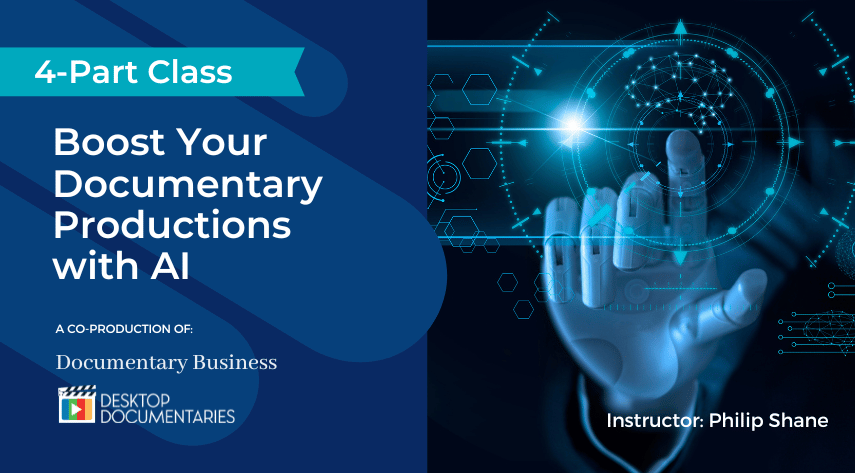
Learn more and sign up for the class here.
What changes are you making for the second edition of BIAIFF?
With planning for the second edition of the Bali International AI Film Festival already underway, Ben is applying key lessons from his debut. "I've begun by giving myself a three month lead for marketing," he explains. During the first event, digital online tickets were released only days before the screening - a timeline he admits was far too rushed.
Another big improvement is BIAIFF's upgraded presence on FilmFreeway: "Before I opened for the second round I pressed hard documenting my case to FilmFreeway to list my festival publicly."
Ben is also no longer going it alone. "My team has expanded... I'm looking to assemble a social media team... and I've got some calls out to people who want to volunteer in various positions on the day of the screening." After running the inaugural festival entirely solo, this added support is a welcome evolution.
What differences are you expecting in film submissions between the first and second editions?
"One of the things I've already noticed... is a re-focusing on the storytelling, on the narrative... a seamless transition to the storytelling... less of a wow look at me and more of a traditional film going experience."
He adds, "One of the last remaining hurdles is voice-over authenticity... audio quality... is what audiences are most concerned with even subconsciously."
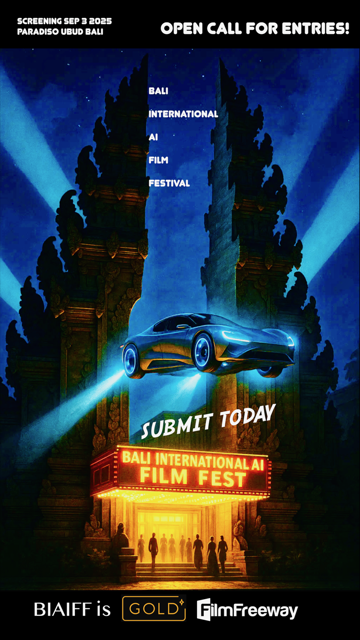
Do you have any tips for filmmakers submitting their work to festivals like BIAIFF?
Ben shares several tips that can make or break a submission. First and foremost, accessibility matters. "Upload your film to an unpublished page on YouTube," he advises, noting that "Vimeo does not work well in various parts of the world particularly in Indonesia."
He also encourages filmmakers to make their films downloadable: "If you don't click that, then a festival has to go into the dashboard and submit a request," which can slow things down or complicate screening logistics.
Presentation is another key area. "Try to knock it out of the park in 2 to 3 paragraphs... Less is more," he says of writing synopses and bios.
And finally, when it comes to timing, don't delay: "Submit early... the whole festival team and judges... are fresh and... ready to dig in and to be moved by your film."
What advice would you give to someone thinking of launching their own small or niche film festival?
"My number one tip is to reverse engineer the festival. Determine where and when you will host your screenings. Then simply work backwards and fill in all the blanks!"
Ben suggests thinking visually from the very beginning. "Start taking pictures - of your venue, your prep, your planning - and build your online presence around that story. If you're screening in your living room or at a local pub, own it and document it. That becomes part of your festival's identity."
"Take pictures... document the genesis story... maybe more importantly the event [itself]... and have someone there filming and taking pictures: document everything. AND INVITE THE PRESS!"
He emphasizes that authenticity and visibility are more important than size. "Just do it... you have to get this baby launched!"
About Ben Makinen
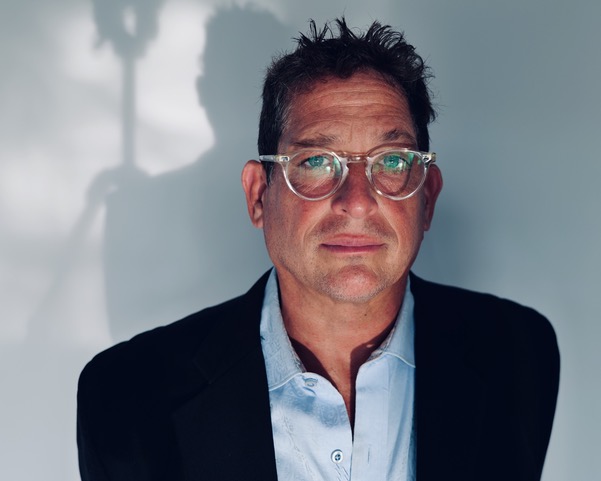
Ben Makinen is a filmmaker, composer, and founder of the Bali International AI Film Festival (BIAIFF). A longtime jazz drummer and storyteller, his work explores the intersections of culture, identity, and emerging technology. His documentaries - including JazzTown, Echoes of Tradition, and We Are Here: Women in Jazz -amplify voices often overlooked in mainstream media. Based in Bali, Ben continues to champion AI-powered storytelling and ethical filmmaking through BIAIFF and his global initiative, the International Modern Film Alliance.
Learn more about BIAIFF at biaiff.com or follow Ben's work via benmakinen.com.
Ready To Make Your Dream Documentary?
Sign up for our exclusive 7-day crash course and learn step-by-step how to make a documentary from idea to completed movie!

